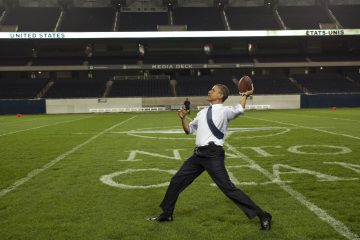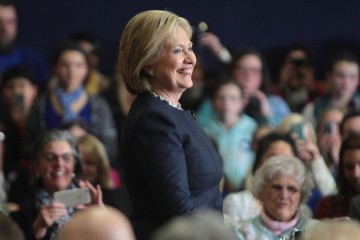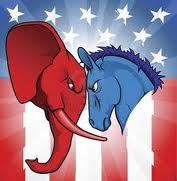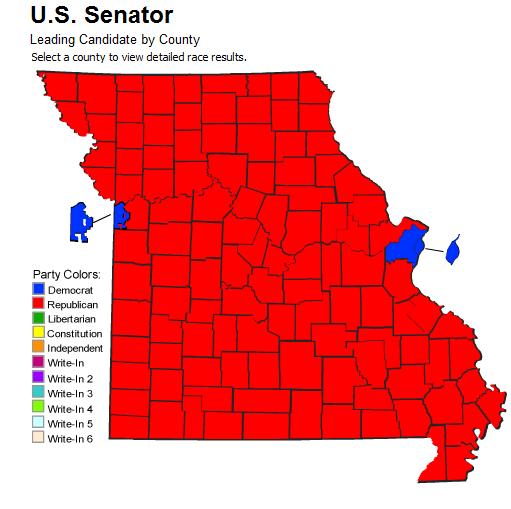
Primaries as Sports and Spectacle: Sports Metaphors in Twenty-First Century Presidential Primary Debates
‘The Brawl Begins’, an article about the 2016 primaries in The Economist provides the most overt manifestation of how a discourse of sports has permeated contemporary political reporting. Describing elections as a “jaw-dropping spectacle” or referring to the Iowa caucuses as the “opening round” in a political boxing match, a prime example of horse-race journalism, is particularly prevalent in presidential primary elections. This is due to the lengthening of the primary period and the truism that the “newsworthiness of what a candidate says about public policies is limited” because “once a candidate makes known his position on an issue, further statements concerning that issue decline in news value”.[1] In these elections, televised debates – which Craig Allen Smith compares to the Super Bowl, …

Clinton v. Trump: How Hillary Wins the Narrative Game
In the likely event that Hillary Clinton secures the Democratic nomination by the end of May or early June, the task of uniting the party behind her will be much less onerous than that of whoever emerges from the GOP field. For Republicans, a ‘brokered’ convention looms on the horizon. And, given the severely fractured status of the conservative movement in America, it will be hard for any candidate—Trump or otherwise—to appeal to a national constituency that seems to lack any consensus on what it means to even be “conservative.” Secretary Clinton, on the other hand, would have the time and resources to bring unity to her platform and to her party following what has been an impressive challenge by Vermont Senator Bernie Sanders.

Targeting and Turnout in the 2012 US Presidential Election
One of the big questions in the run-up to the 2012 Presidential Election was what the turnout would be. Would the supposed “enthusiasm gap” lead to lower turnout amongst some of the key demographics behind Obama’s 2008 victory, like African-Americans and college students? Would the absence of the extraordinary volunteer mobilization seen around the Presidents’ first campaign leave his re-election effort without the capacity to expand the electorate through large-scale voter registration efforts and an extensive and intense effort to get out the vote?

Only 22% of Americans think they are in the 47%
When Mitt Romney’s 47% comments came to light, many were surprised that Romney’s claim that 47% of households do not pay income taxes is, in fact, true.
To many people, this is outrageous. Why should they be paying the federal taxes they do while so many fellow citizens get a free ride?

What’s the matter with Missouri?
This is a common question following the row over Congressman Todd Akin’s comment about abortion and rape. In a 2004 book, Thomas Frank, the liberal columnist and author, asked a similar question about Missouri’s western neighbour, Kansas, which has lurched far to the right in recent decades (indeed, its current governor Sam Brownback might well be the most extreme right-wing governor in the union). Yet there is little mystery about Kansas: its rightward shift is part of a broader trend in the Great Plains, which now rivals the South for the status as the heart of the GOP. But Missouri’s rightward shift, which Todd Akin so demonstrated, is perhaps more surprising. Missouri has the makings of a state that could go blue …









